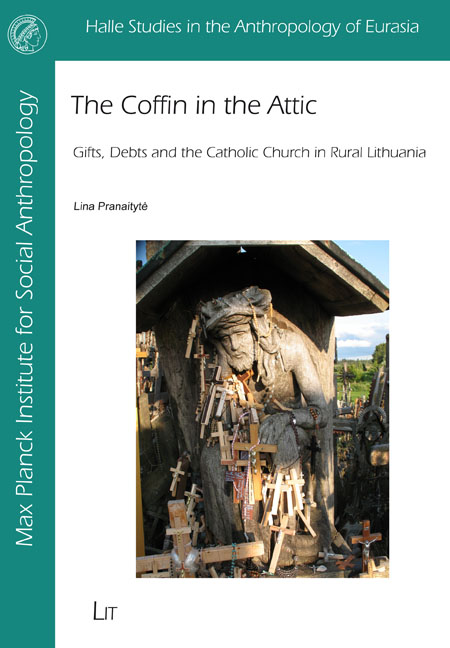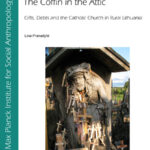Beschreibung
This book addresses the gift economy of the Roman Catholic Church, one of the wealthiest institutions in the world, on the basis of ethnographic data from rural Lithuania. Lina Pranaitytė explores the links between Catholic doctrine and the exchange of material and immaterial things that express continuous obligations to support parish clergy and churches, but also fundamental human indebtedness. She also explains why going to church is such an important ritual, how religion has become an inalienable national possession of a country, who counts as a non-practicing Catholic in this postsocialist country, and why local people store coffins in their attics.
This is a novel book in the anthropology of religion with a challenging objective: to apply a Maussian gift-exchange perspective to understanding the life-ways of rural Catholics. The result is a rich ethnography and a splendid analysis of the interrelatedness between the Church, the priests, God, the local community and the dead.
Vytis Čiubrinskas, Professor of Social Anthropology, Vytautas Magnus University, Lithuania
Lina Pranaitytė is a sociocultural anthropologist working in the fields of gift exchange, inalienation, critical heritage and foodways in Australia and Europe. She obtained her doctorate from the Martin Luther University Halle-Wittenberg in 2016.


 Download
Download 